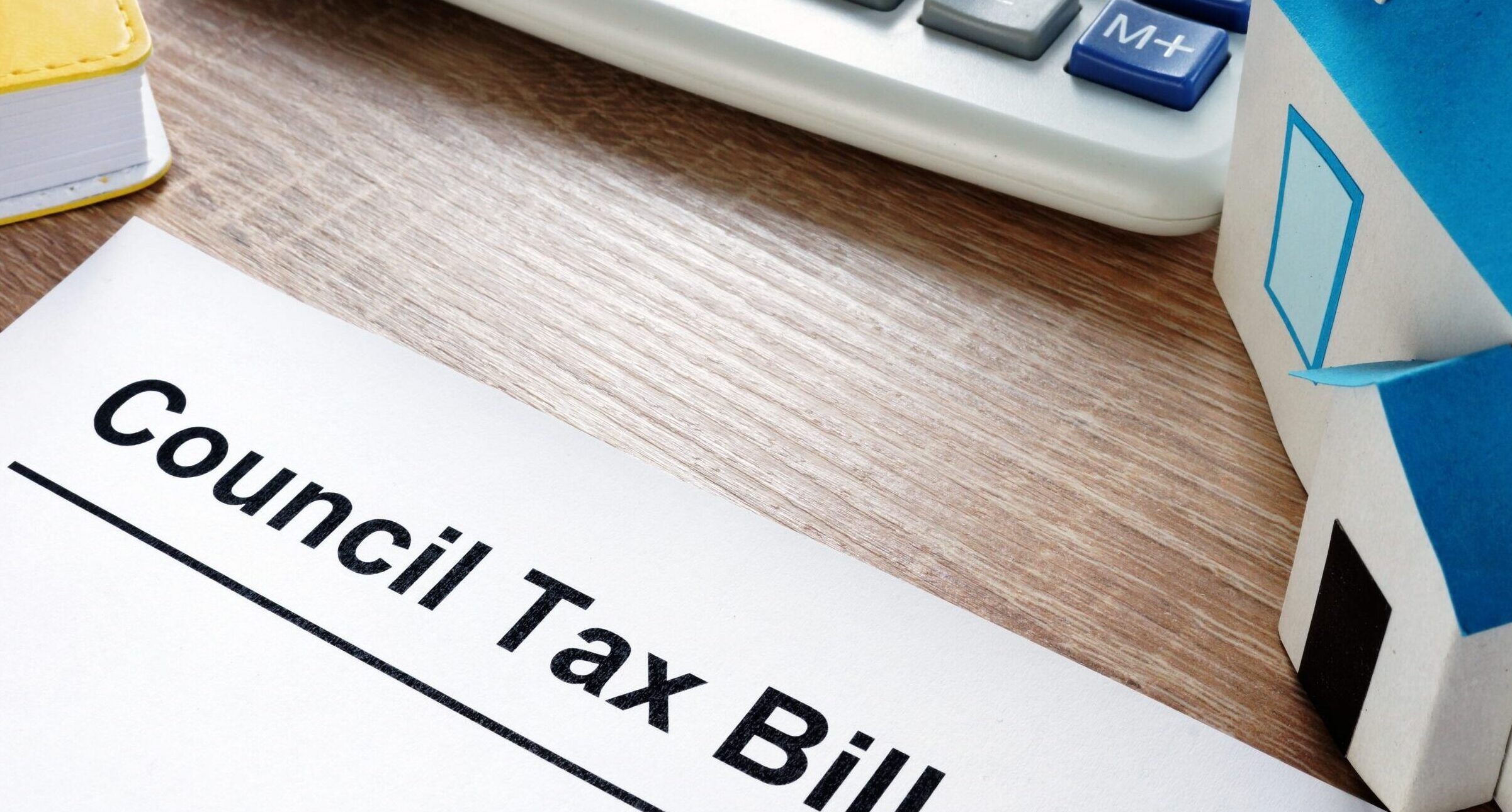Household Bills
Three in four local authorities to hike council tax by maximum 5% in April

Guest Author:
Paloma KubiakLocal authorities said they have “little choice” but to raise council tax as three in four confirm they will raise it by the maximum 5% allowed from April.
Out of 114 councils that have published their 2023/24 budget proposals so far, 84 plan to raise it by the maximum permitted which is 4.99%.
The analysis by the County Councils Network (CCN) said these are upper-tier councils with social care responsibilities.
While council leaders said they recognised the cost-of-living pressures facing residents amid the 10.5% inflation rate, they have “little choice” in order to balance their books and to fund local services.
The council tax hikes will take place in April at the start of the new tax year. They are able to levy a maximum 4.99% rise which includes 2.99% for general council tax and a further 1.99% for the adult social care precept, which is ringfenced for care services.
Overall, CCN revealed 114 councils out of 152 have published their budget proposals for 2023/24, with all councils bar one planning to raise the tax. For the remaining 38, they have yet to declare their intentions.

Why Life Insurance Still Matters – Even During a Cost-of-Living Crisis
Sponsored by Post Office
Three councils – Croydon, Thurrock and Slough have special dispensation to propose rises above 4.99%.
A total of 30 councils have put forward council tax rises but have declined to levy the maximum. These rates vary across the country with the lowest rise put forward at 2%.
Average Band D to see £99 a year jump
CCN said the average Band D household will see their bills rise by £99 a year with a 4.99% increase, though this will vary across the country. Split across a year, this equates to £1.91 a week.
Meanwhile, the typical Band D council tax bill for residents in rural county areas is over £2,000 a year and will increase to £2,149 on average with a 4.99% rise. This is 20% higher than average bills faced by residents in London from April, with Band D households facing an average of £1,780 per year.
The network said this is because county areas have historically received lower Government funding than London for services and councils have to make up the shortfall through higher taxation.
Council deficits
Despite the Government providing extra funding for councils in October’s Autumn Statement, “significant funding pressures” remain, CCN said. Inflation is projected to add £1.5bn to the budgets of 40 county and rural councils in 2023/24.
For some county local authorities, they already face large funding deficits. Even accounting for a 4.99% council tax rise, Hampshire County Council (which gets 89% of its revenue from local tax) faces a £57.7m funding deficit in 2023/24, which the authority said will have to be filled by reserves.
Durham Council faces a £10.2m deficit even after proposing £12.4m in savings and a 4.99% council tax rise. Cheshire East Council faces a deficit of £25.4m which will be filled through savings and council tax rises.
Local authorities said that tax rises not only allow them to protect local services but invest in them too. Measures put forward by CCN’s member councils include increasing payments to adult social care providers to mitigate rising costs and for wage increases for carers, investment to create thousands of extra school places, providing more funding for vulnerable children in care, and investment in climate action.
Council tax also funds vital support for low-income individuals and households struggling with the cost-of-living crisis. Measures include council tax reduction schemes, the Household Support Grant which provides fuel and food vouchers, and investment into local charities and voluntary organisations.
‘The most difficult circumstances in decades’
Sam Corcoran, Labour vice-chairman of the County Councils Network and leader of Cheshire East Council, said: “With inflation reaching levels not seen for over 40 years and with demand-led pressures for care services showing no sign of abating, local authority leaders are setting their budgets in the most difficult circumstances in decades.
“We all recognise the cost-of-living crisis is impacting on every household in the country and, disproportionally on [those with] low incomes, but we have little choice but to propose council tax rises again next year, with many local authorities reluctantly opting for maximum rises.
“With councils facing multi-million funding deficits next year, the alternative to council tax rises would be drastic cuts to frontline services at a time when people at the sharp end of the cost-of-living crisis need us to be there for them.
“With the financial situation for councils looking extremely tough for the next few years, we will be calling on the Chancellor for further help in the March Budget.”